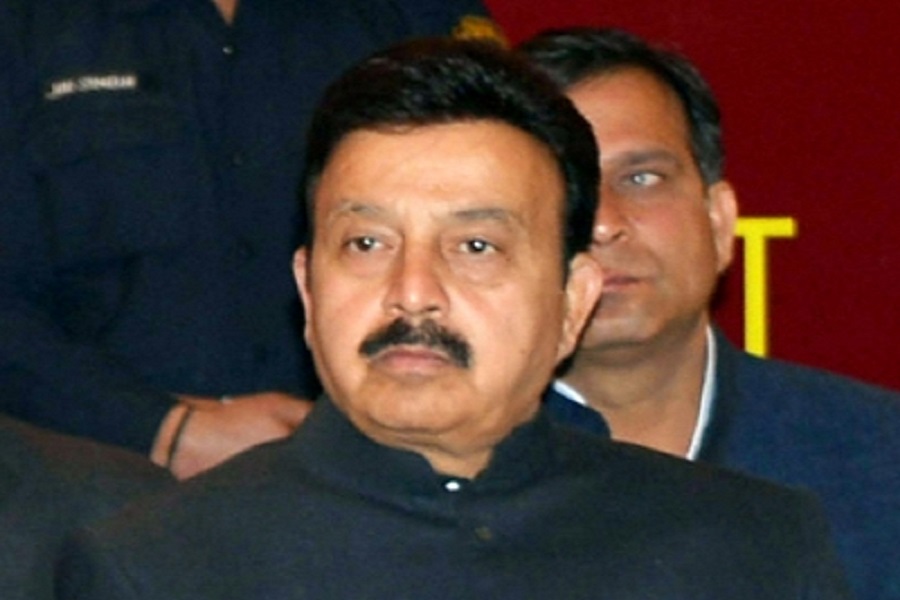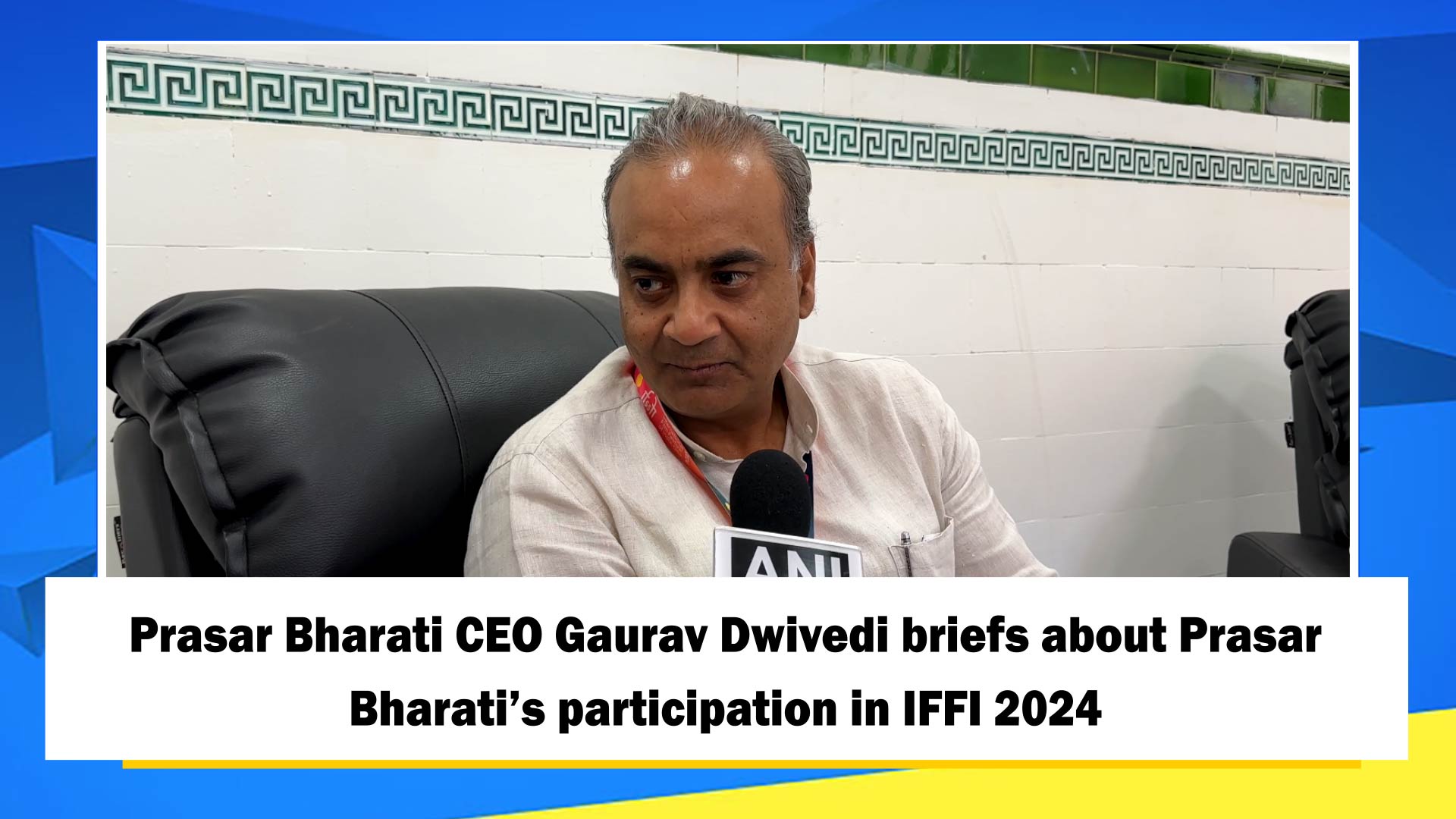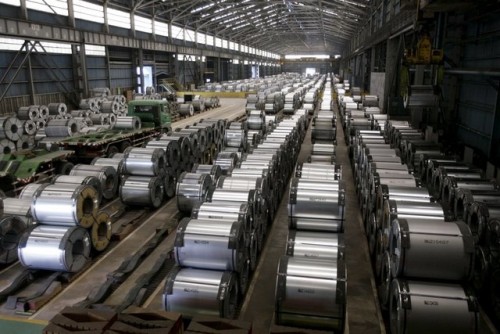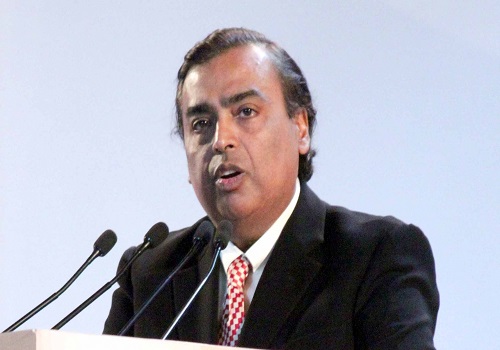HOW NORMAL SHARES DIFFER FROM DVR SHARES? - Angel Broking

Follow us Now on Telegram ! Get daily 10 - 12 important updates on Business, Finance and Investment. Join our Telegram Channel
Now Get InvestmentGuruIndia.com news on WhatsApp. Click Here To Know More
There was a lot of hype when the Differential Voting Rights (DVR) shares were first issued in the year 2008 by Tata Motors. Subsequently, other companies like Gujarat NRE Coke, Future Enterprises and Jain Irrigation also followed suit. However, the idea had limited appeal, contrary to popular expectations that investors may be interested in DVR shares which assured a higher dividend without the benefit of voting. Most individual investors in India do not attend AGMs or vote so the higher dividend and lower price was intended to be the lure. But first, how do DVR shares differ from ordinary shares?
Differential Voting Rights (DVR) shares are shares that are permitted to be issued with differential voting and differential dividend rights. DVR shares are different from ordinary shares in two ways. Firstly, they offer lower voting rights compared to ordinary shares. DVR shares are very useful for companies that want to raise money in the market without diluting effective control of the company. Secondly, to compensate for the lower voting rights, these DVR shares are paid higher dividends to the tune of 10-20%. This should ideally make sense for the small and retail shareholders as they normally do not participate in the voting process but would be happy to receive higher dividends. Also, DVRs have always quoted at a discount of 30-40% in the Indian context, which would make the dividend yield a lot more attractive for the investors.
Ordinary shares versus DVRs – How they performed?
Over the last 5 years the stocks of Tata Motors DVR and the Jain Irrigation DVR have managed to outperform the ordinary shares. However, both the DVR of Tata Motors and the DVR of other stocks continue to quote at a steep discount to the price of the ordinary share. Consider the table below:

Why have DVRs not taken off in a big way in India?
Prima facie, the DVR appears to be an extremely good product. For small retail investors who do not attend AGMs or vote in the AGMs, this is a good way to get earn higher dividends and ensure much higher dividend yields. After all, you are getting DVRs at such a steep discount. Despite all these advantages, DVR shares as a concept have not really taken off in India. There are 5 reasons for the same.
* Dividend differential really needs to be substantial to encourage shareholders to give up voting rights. In the case of Tata Motors the dividend advantage is just 5%. That means that if the ordinary shareholders are paid a rupee dividend of Rs.20, the DVR holders get a dividend of Rs.21. Shareholders do not appear to believe that is good enough deal to give up 90% voting rights. More so, since the discount has shown the propensity to occasionally widen.
* Liquidity in DVRs is another issue as institutions have not been too keen to participate. Tata Motors DVR did see a build-up in volumes after its inclusion in the Nifty but other DVRs have hardly built any trading interest in the DVRs. That makes it hard to get institutional investors interested in the DVRs, as control and voting power is a key factor for institutional investors.
* According to SEBI guidelines, a large dividend over ordinary shareholders is not permitted. If you look at the 3 companies that issued DVRs, the dividend differential is hardly attractive. For example, Tata Motors DVR pays just 5% extra while the Future Enterprises DVR pays just 4 paisa extra dividend. Jain Irrigation pays the same dividends to its ordinary shareholders and to its DVR shareholders. That does not leave the investors too excited about DVRs. That is one of the reasons why DVRs have not really taken off in India.
* Institution investors are, by default, not too keen to invest in equity without voting rights. Especially in case of corporate governance issues like Infosys and the Tatas faced in the past, institutions would prefer to have a say in the vote. DVR does not offer than benefit.
DVR may be a good concept but unless SEB permits a lot more of flexibility in the structuring of DVRs like in the US; this product would really struggle to take off!
Above views are of the author and not of the website kindly read disclaimer
























